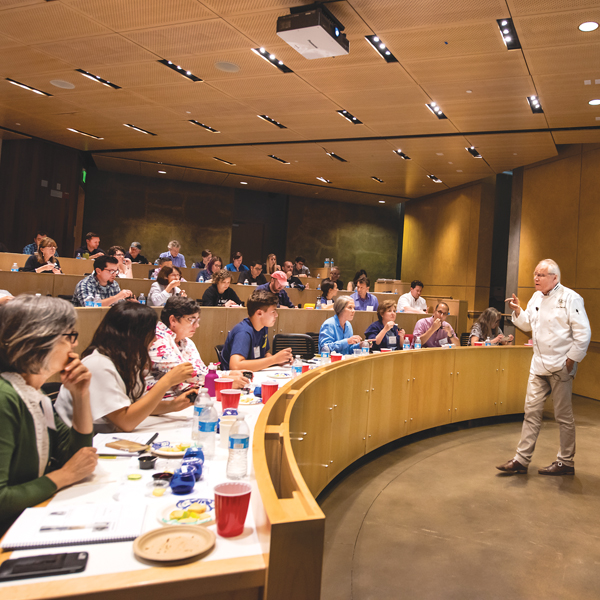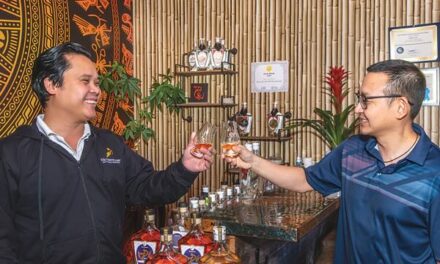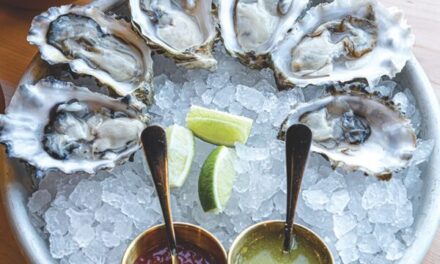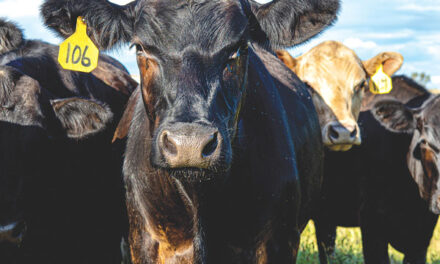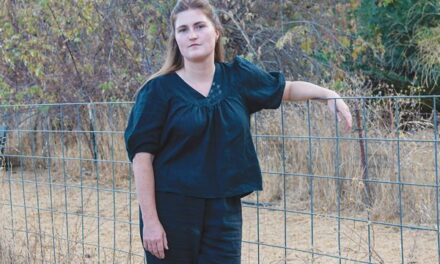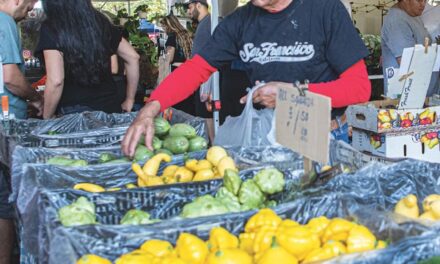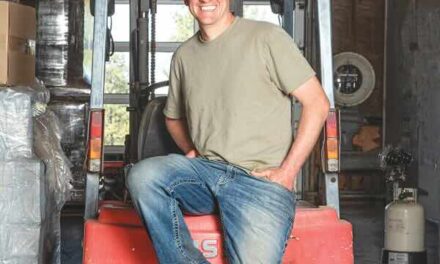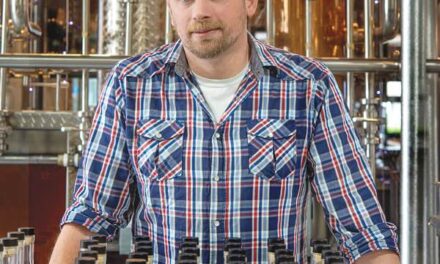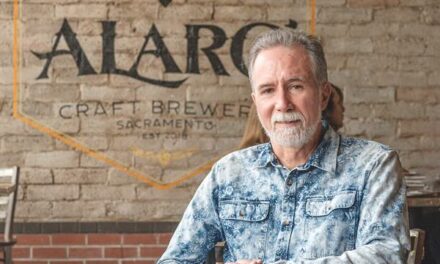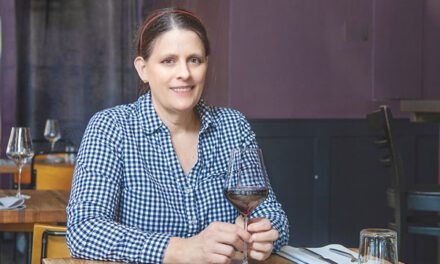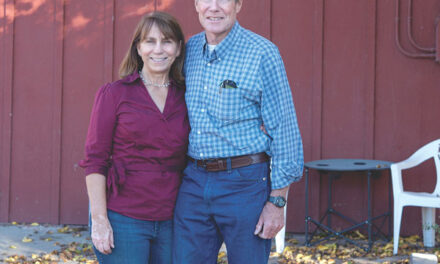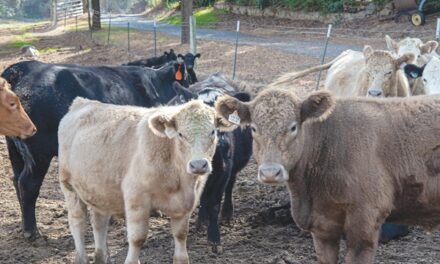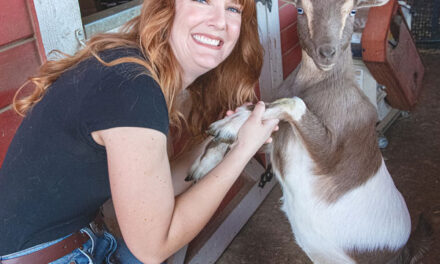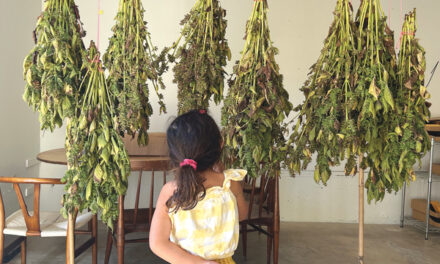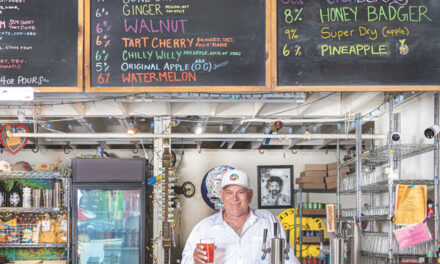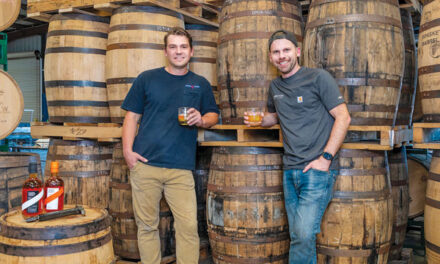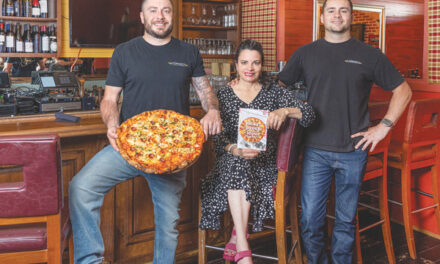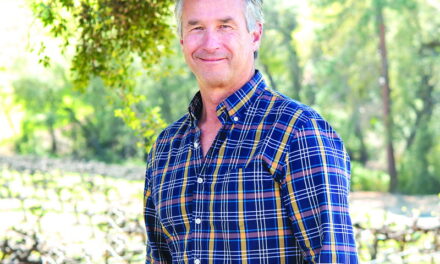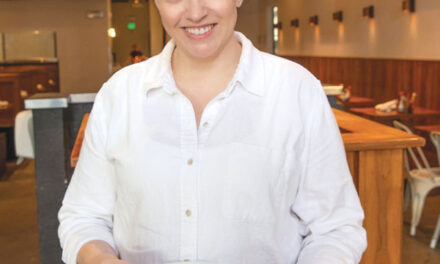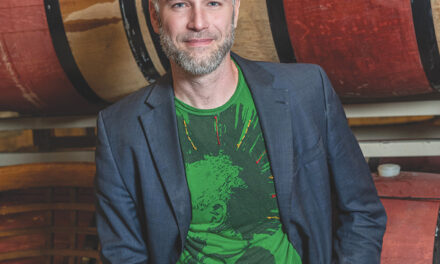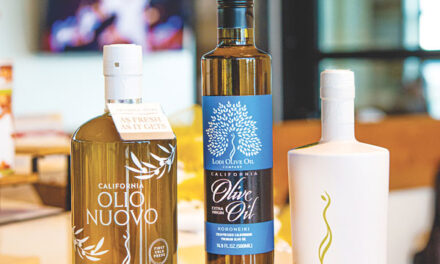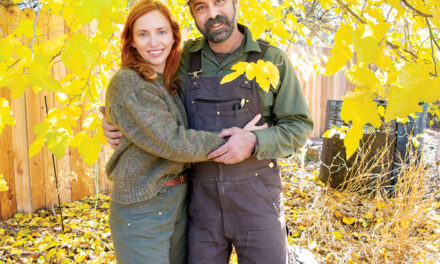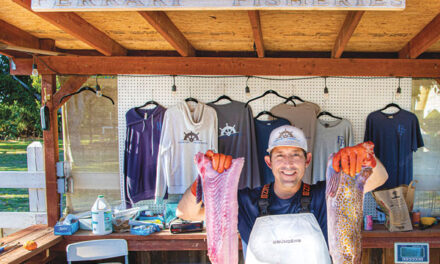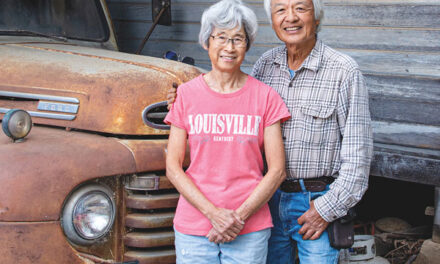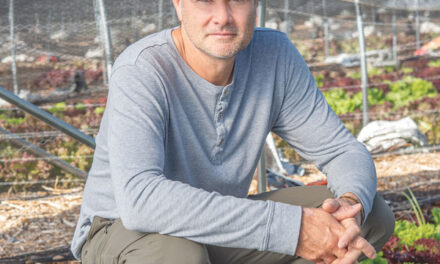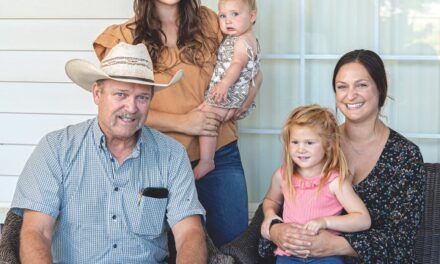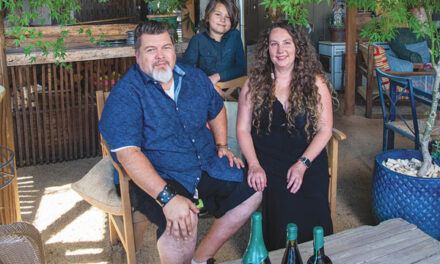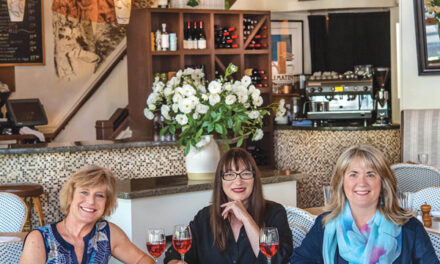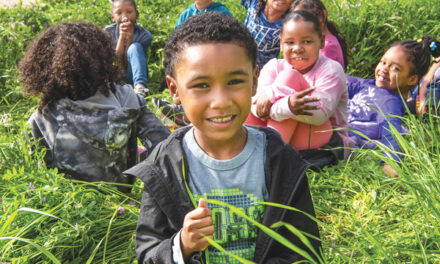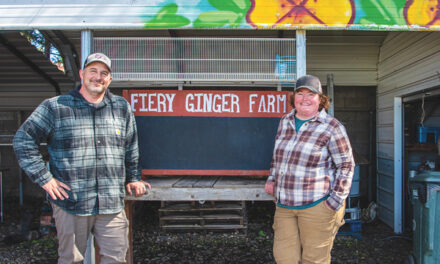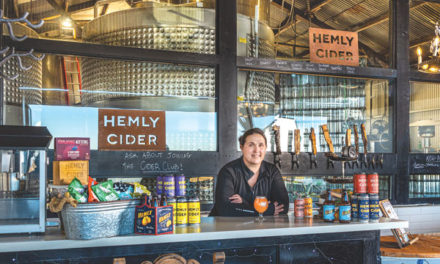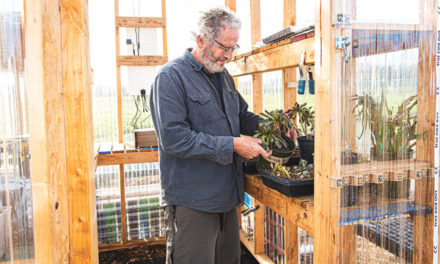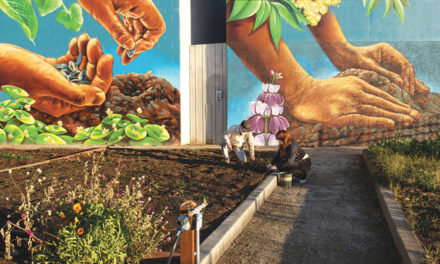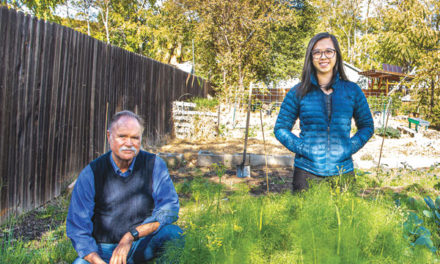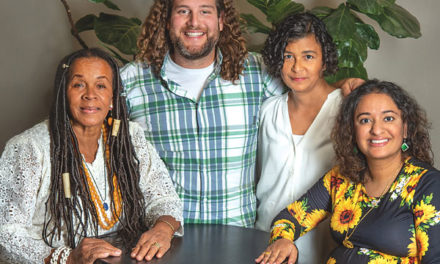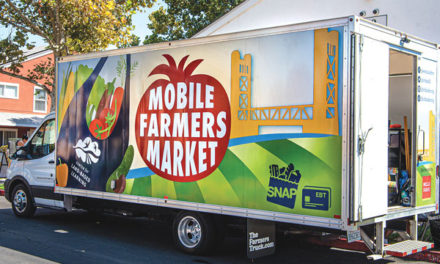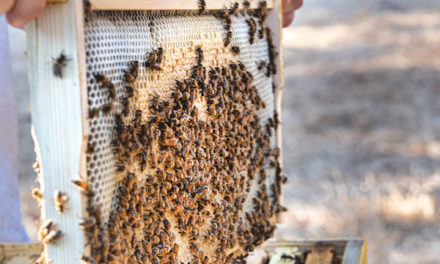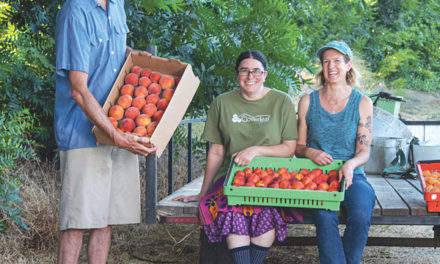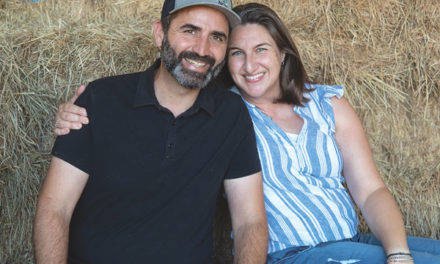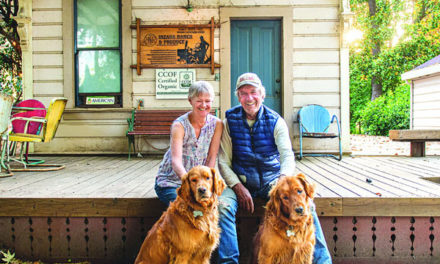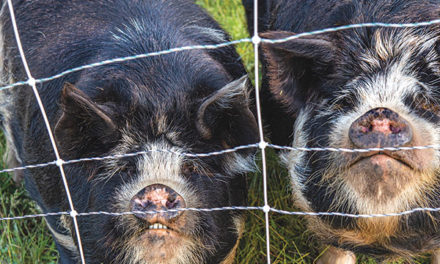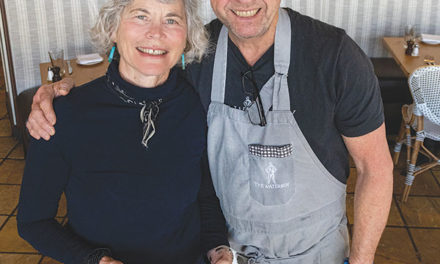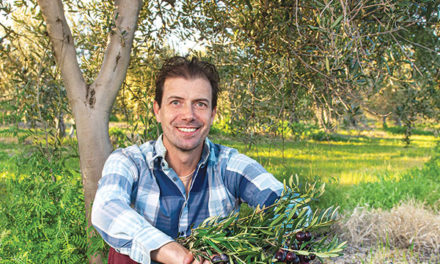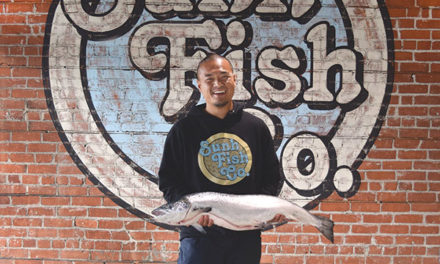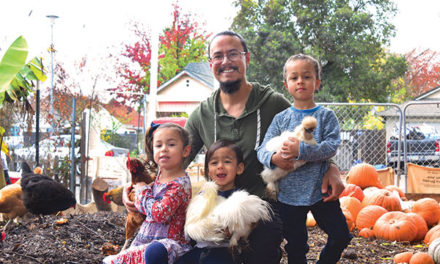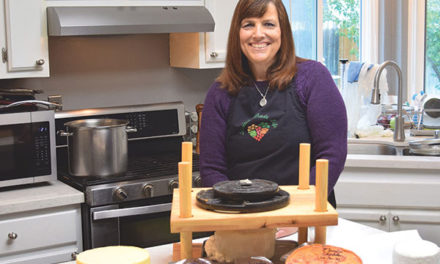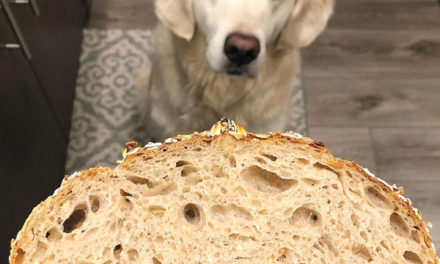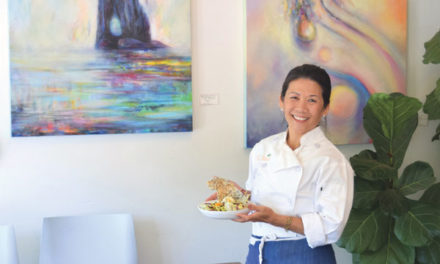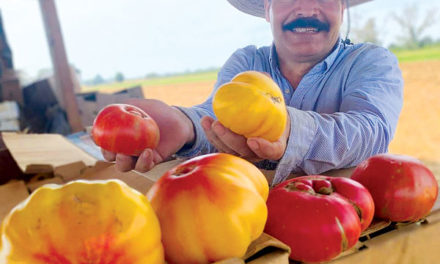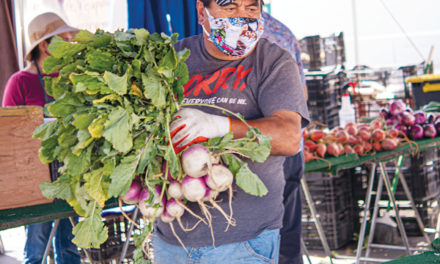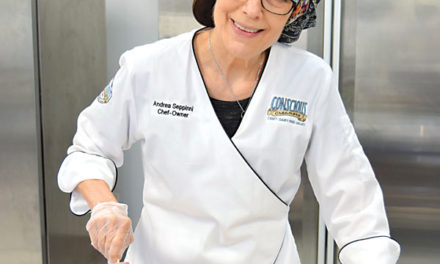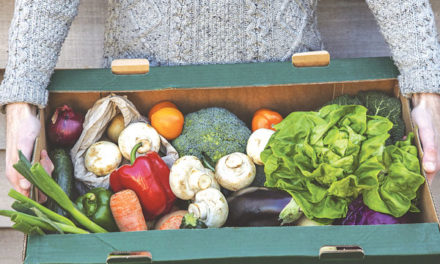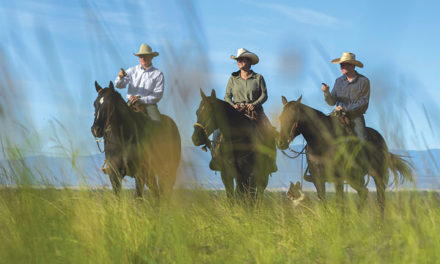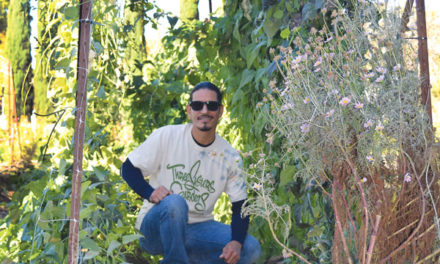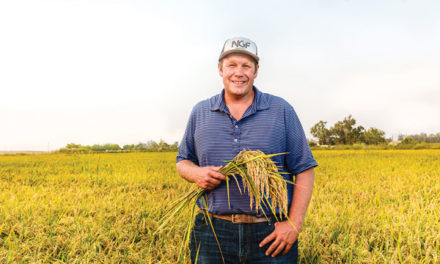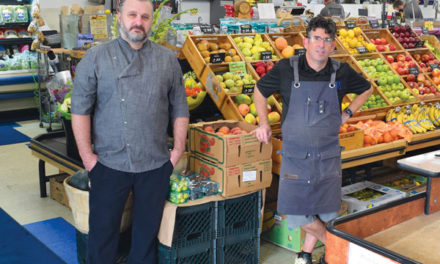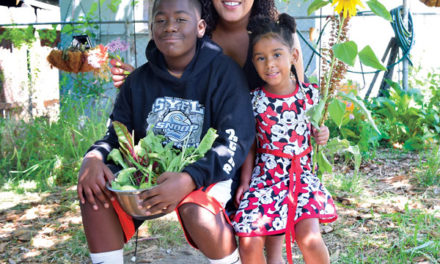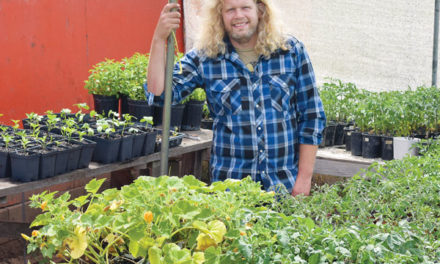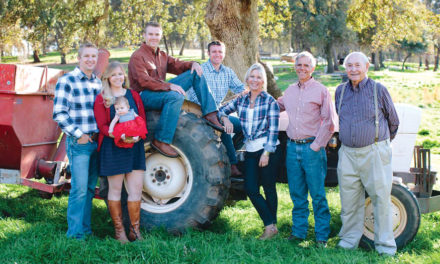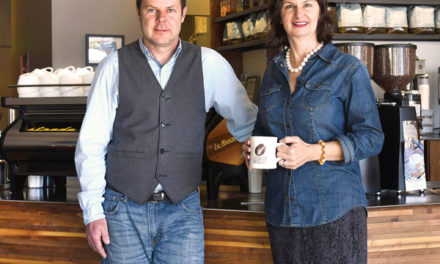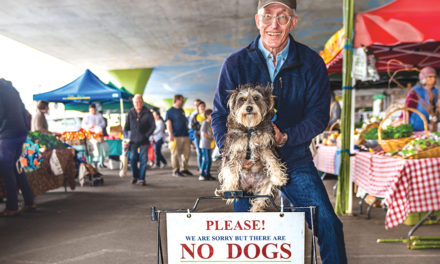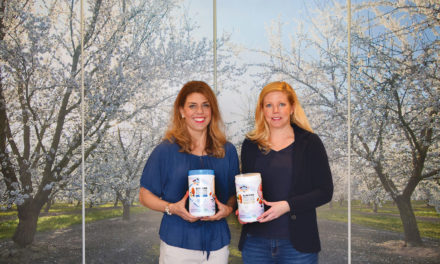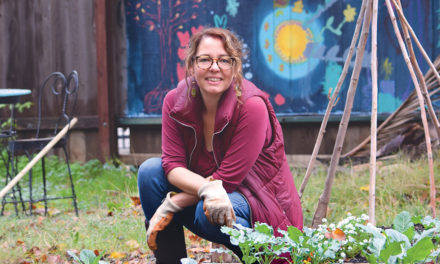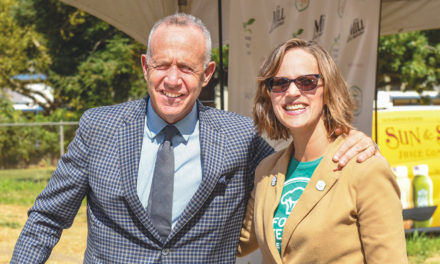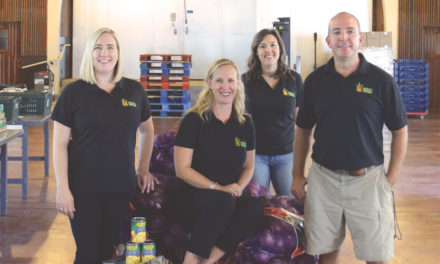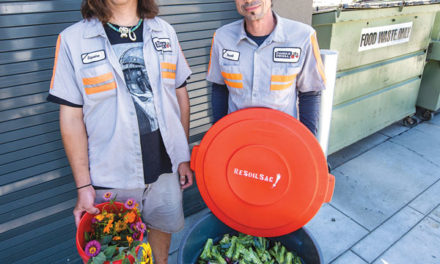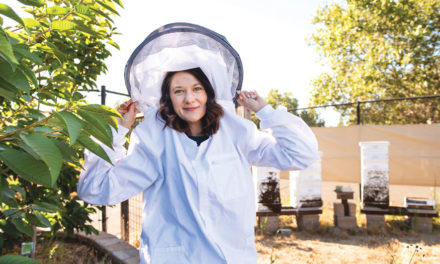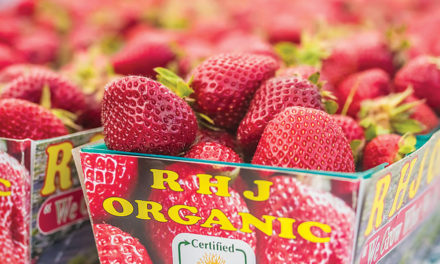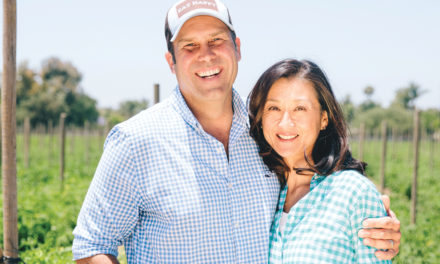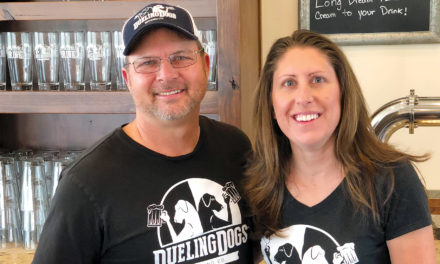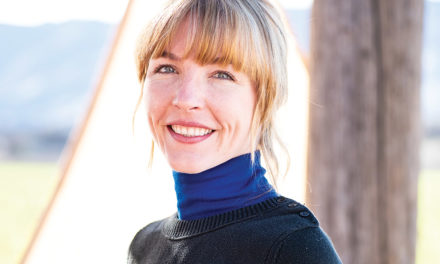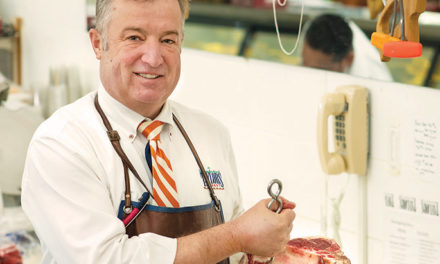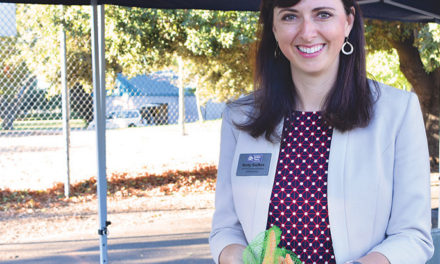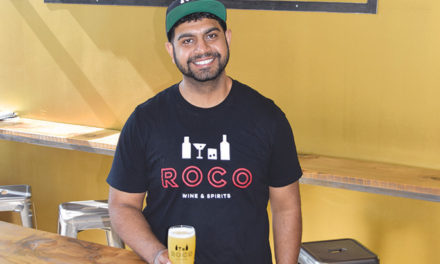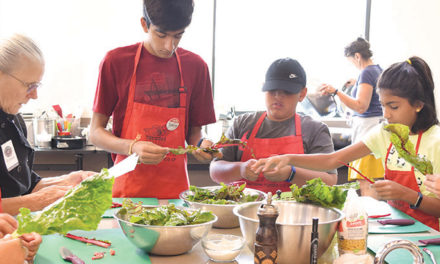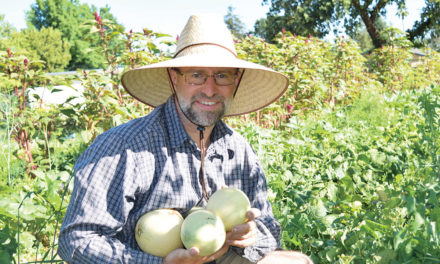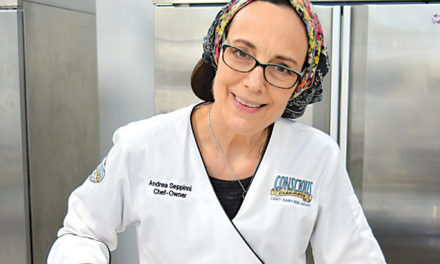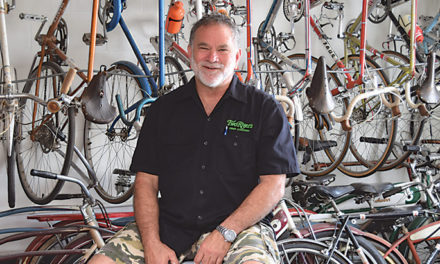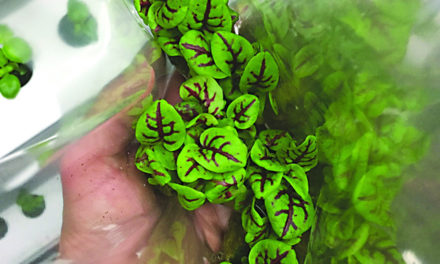Extra Virgin Epicenter
The roots and fruits of Sacramento Valley’s olive trees
By Tessa Marguerite Outland
July 2019
The olive industry in California, one of the world’s newest regions of olive growth, has developed into a flourishing agricultural field. In the Sacramento area especially, olive tree yields and production have grown dramatically within the last 20 years.
The first olive trees planted in California’s soil were by the hands of Franciscan monks at Mission San Diego de Alcala in 1769. Although olive tree cultivation did not become a successful commercial venture until the 1860s, today California produces nearly all of the olives in the United States with more than 1,000 growers on 27,000 acres. The Sacramento Valley in particular has grown into a fruitful area for olive oil, research and tree yields.
One of Sacramento’s bountiful olive oil companies is Bariani. The Bariani family began making olive oil as a hobby 25 years ago after immigrating to the Sacramento area from Italy.
“My father built his own rudimentary pressing machine,” says Emanuele Bariani, CEO of Bariani Olive Oil Company. “We always had more than we needed so we would give it to friends and family.”
When they decided to make it a business, Angelo and Santa Bariani, and two of their sons, Emanuele and Sebastian, learned the roots of production, tasting and olive culture necessary to create high-quality olive oil and balsamic vinegar. They completed courses accredited by the International Olive Oil Council and, through trial and error, developed a system to produce oil from sustainable, organic olive orchards.
Bariani supports sustainability by recycling, reducing unnecessary packaging, and using food scraps and organic products for compost and animal feed.
As one of the first to develop olive oil in the Sacramento area, Bariani has attracted more businesses to do the same. “Because of our work, other companies realized the potential of olive oil production here and planting of orchards,” Emanuele says.
Another heavy hitter is UC Davis, which initially joined in the olive oil industry because of a landscape hazard. Raw olives were dropping onto campus grounds and bike paths resulting in accidents and substantial legal costs.
After writing a feasibility study to analyze the potential benefit of the olives, Dan Flynn, executive director of the UC Davis Olive Center, suggested establishing a program to make olive oil, educate the public and conduct research. The center sprouted roots in January 2008.
“We’ve never been stronger than we are now,” Flynn says. “There’s never been a period of history when a university is better positioned to do research on olive oil or table olives.”
Since its inception, the olive center has worked with approximately 60 different research staff on projects such as managing orchards, evaluating the industry and quality, improving processing and assessing health impacts.
“UC Davis has established an international presence in research and education in olive oil just like it has in the wine industry,” Flynn boasts. “They look to us for leadership and education.”
Two of the UC Davis’ extra virgin olive oils—Gunrock Estate and Wolfskill Reserve—each received a gold medal at the New York International Olive Oil Competition in May.
Extra virgin olive oil is extracted mechanically rather than chemically to produce a product that is rich in antioxidants, aids digestion and retains a smooth yet crisp flavor. Quality extra virgin olive oil, like from UC Davis or Bariani, is cold extracted and unfiltered to preserve its raw qualities, and stored in temperature-controlled stainless-steel tanks until bottling.
Corti Brothers on Folsom Boulevard has a wide-range selection of local olive oils. For recommendations, ask for Rick Mindermann or Darrell Corti.
According to Flynn, 95 percent of California olive trees grow within 100 miles of Sacramento.
“Sacramento is the epicenter of olive production in North America,” Flynn says. “This is the place where they grow the best.”
Tessa Marguerite Outland can be reached at tessa.m.outland@gmail.com. Follow us on Facebook, Twitter and Instagram: @insidesacramento.




